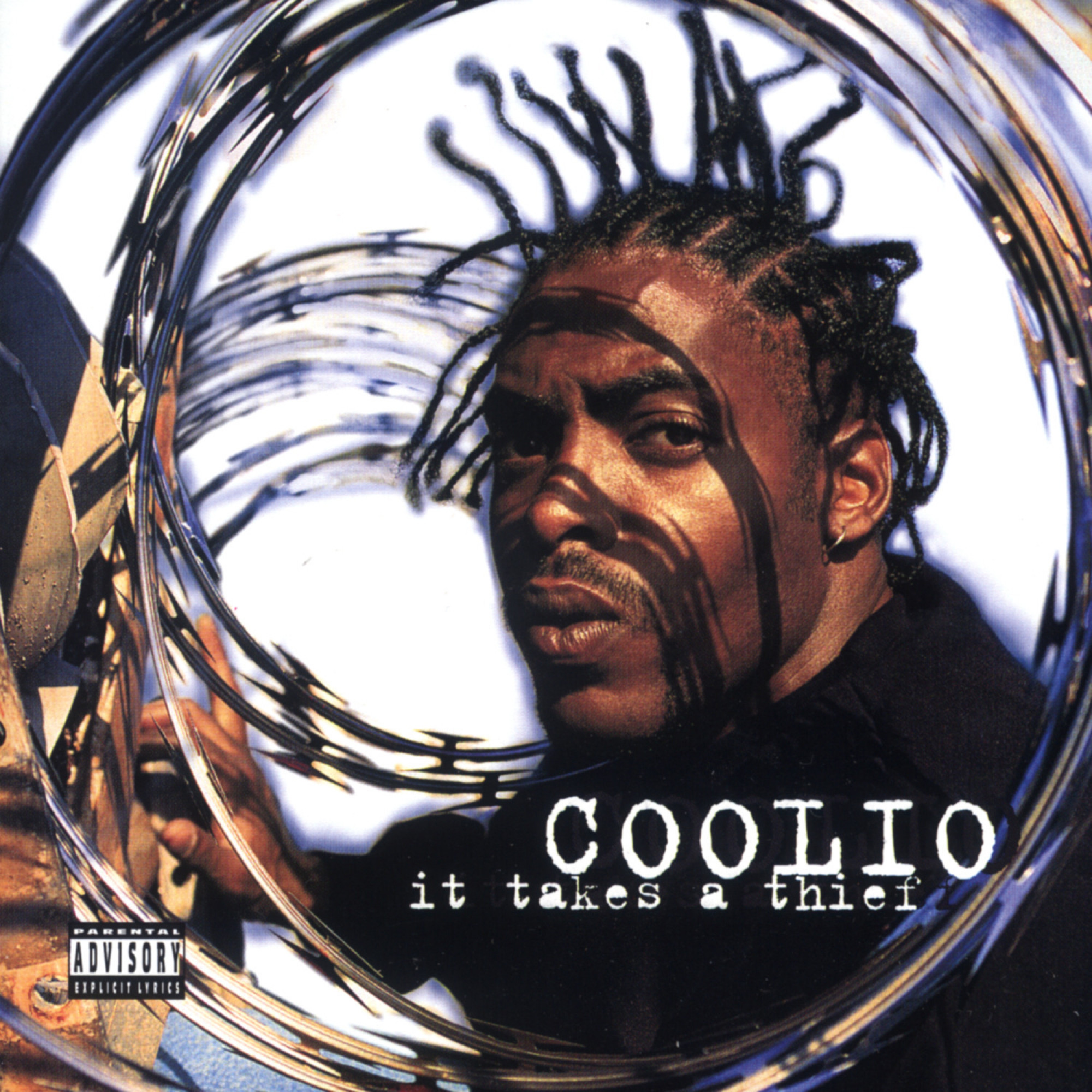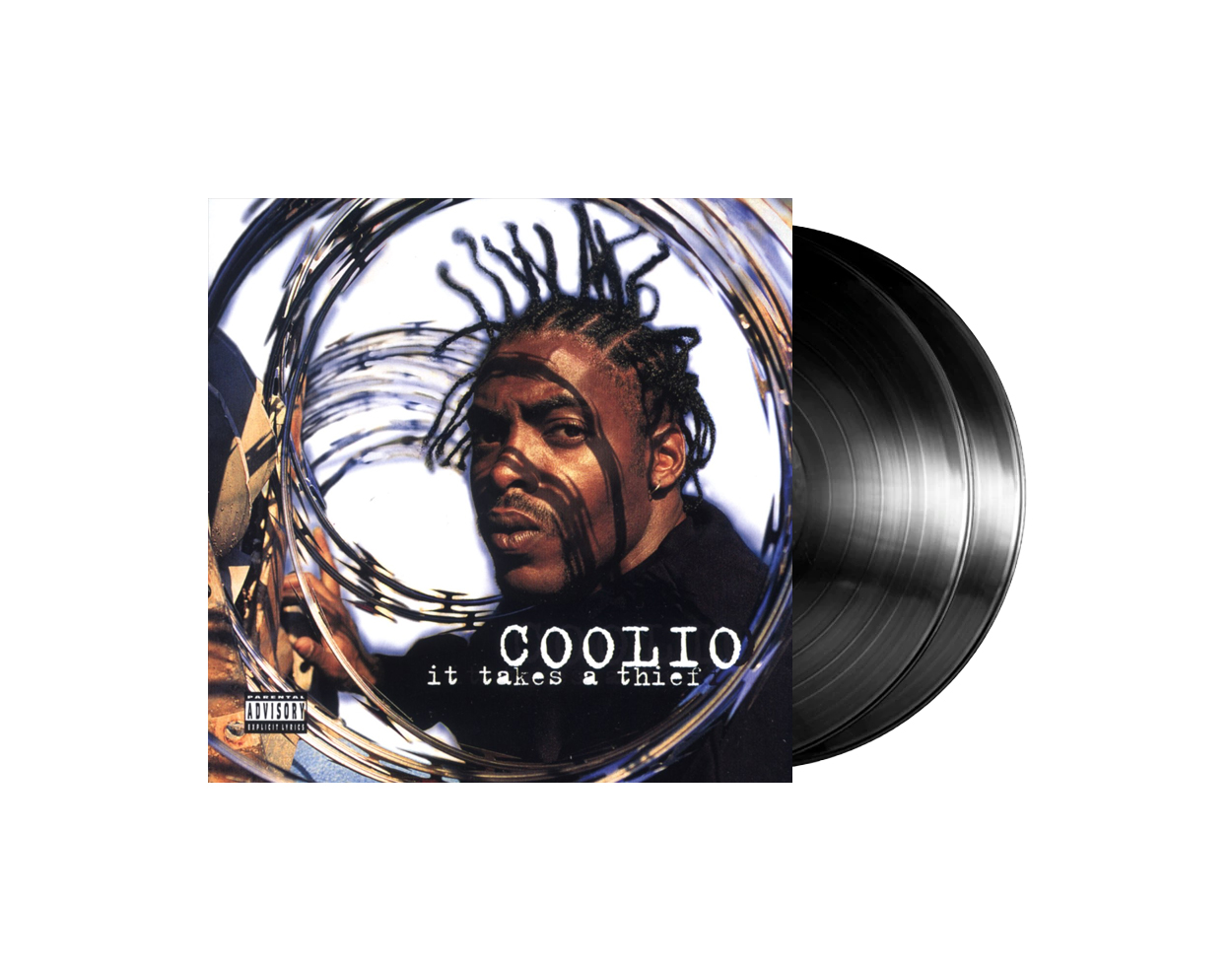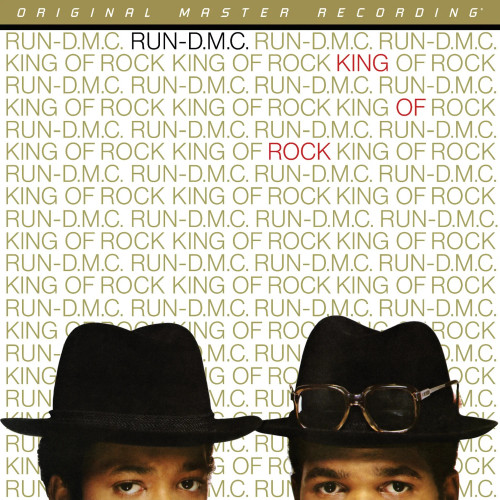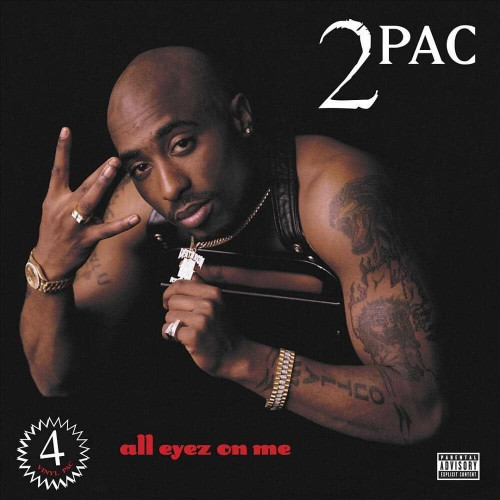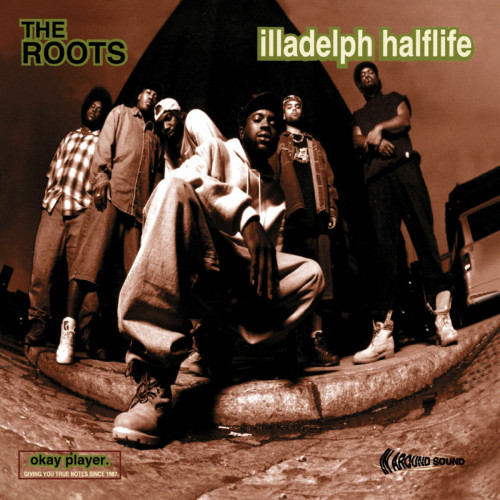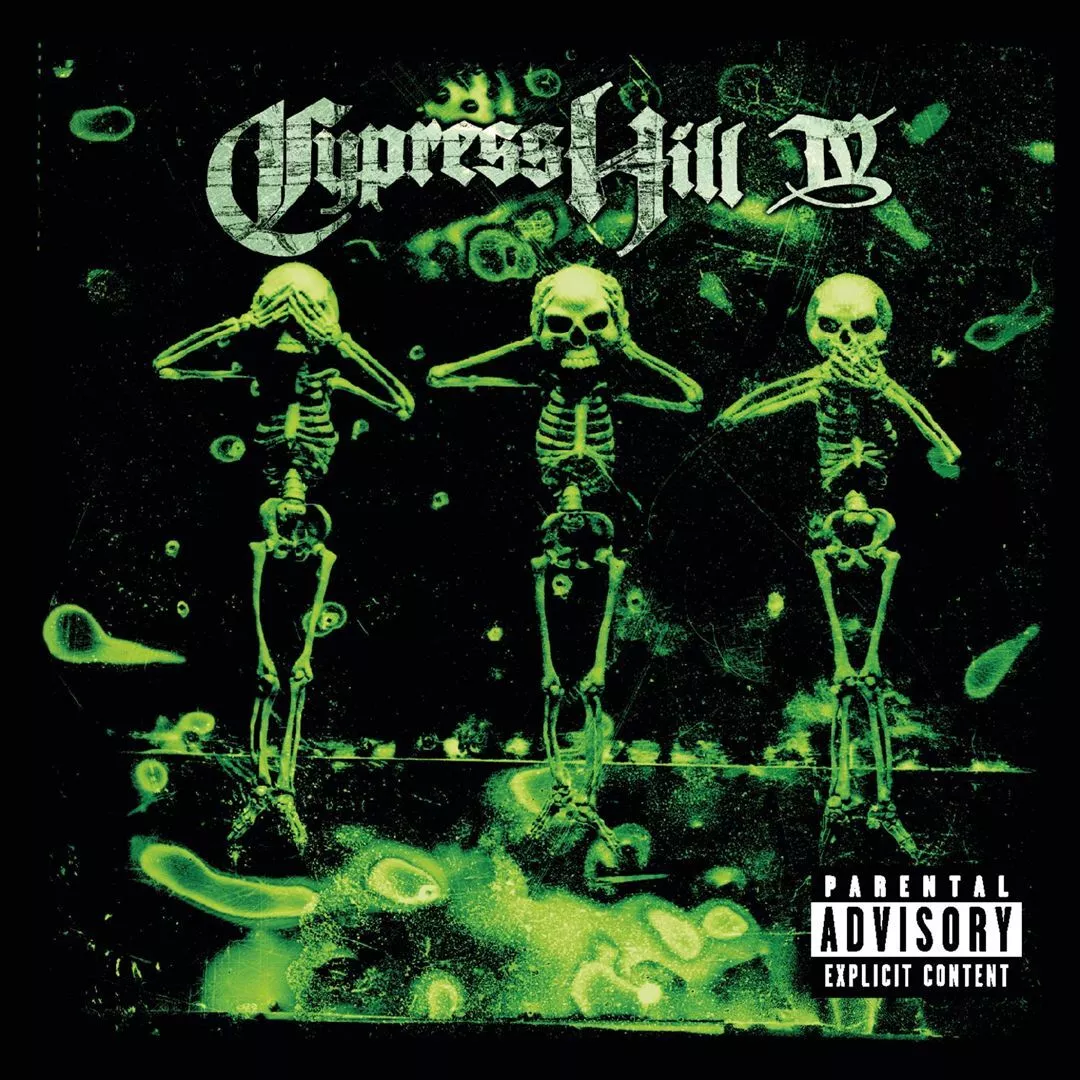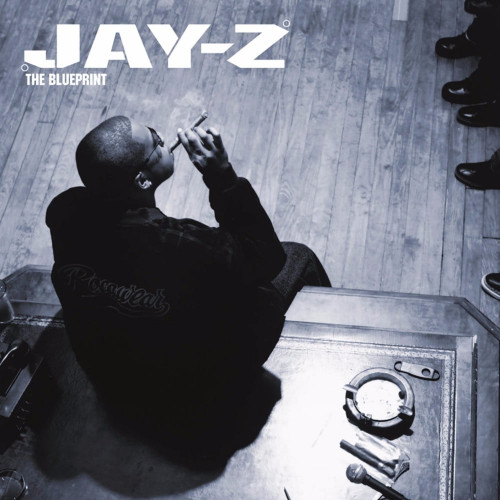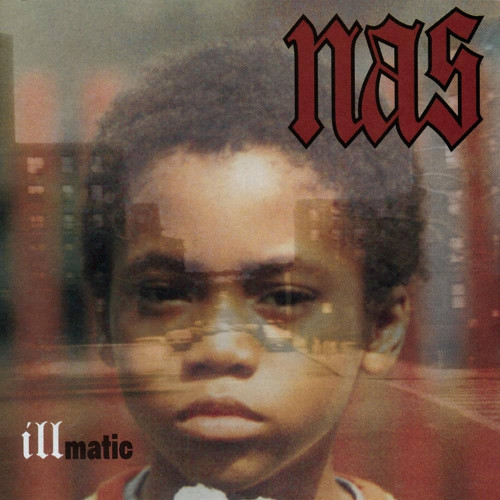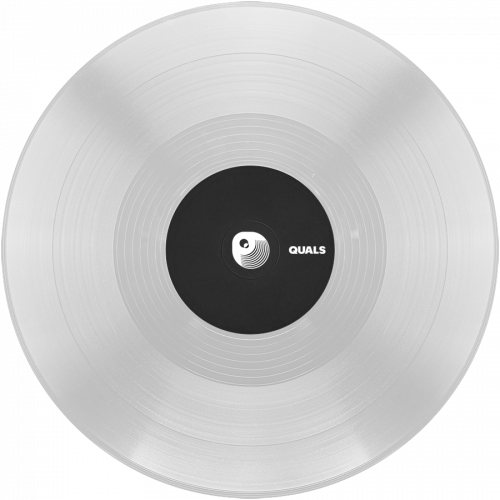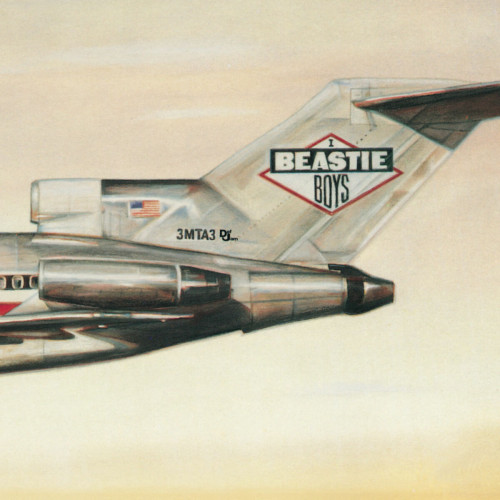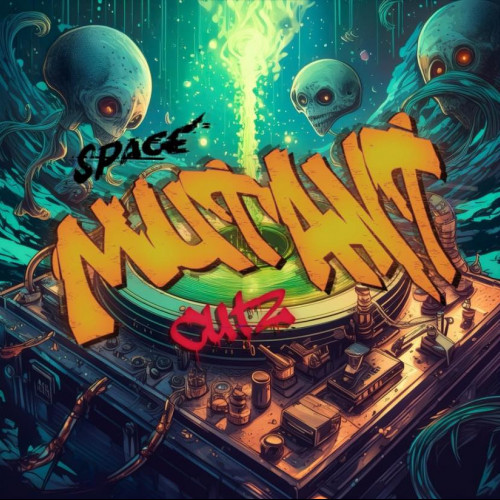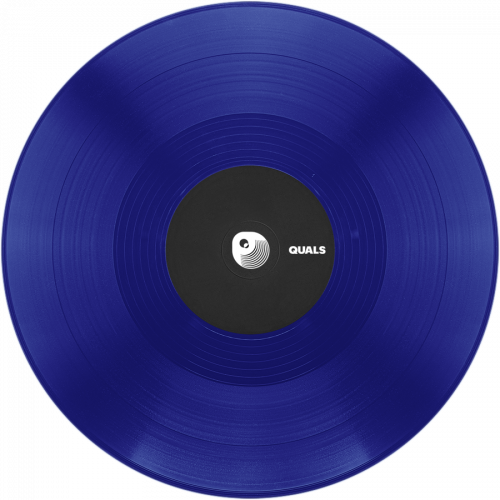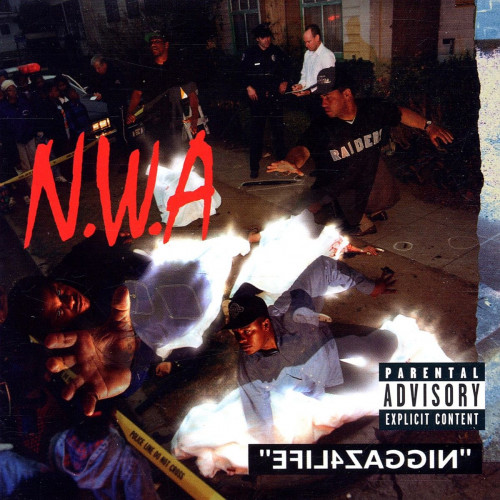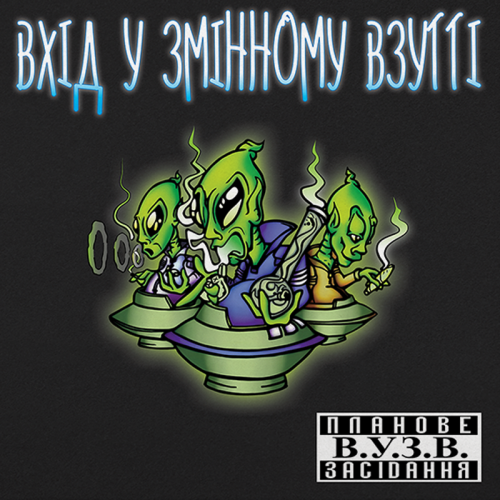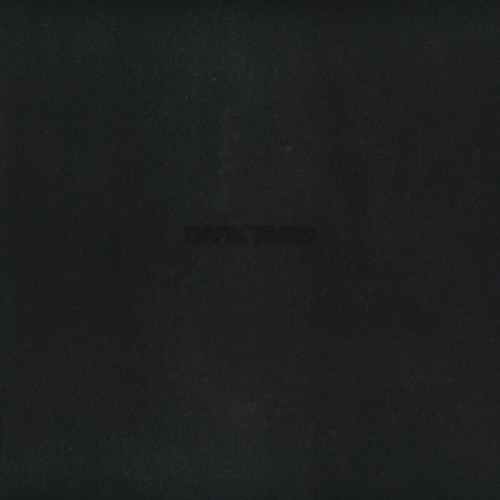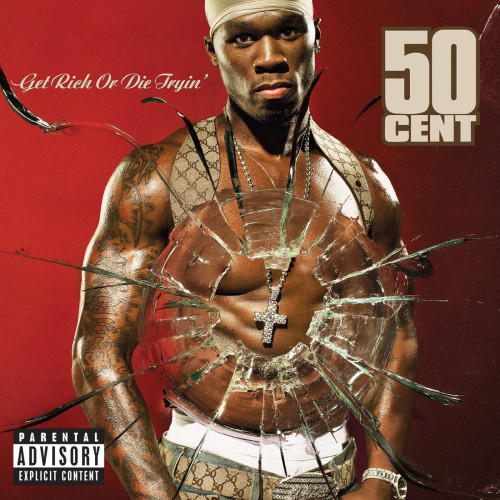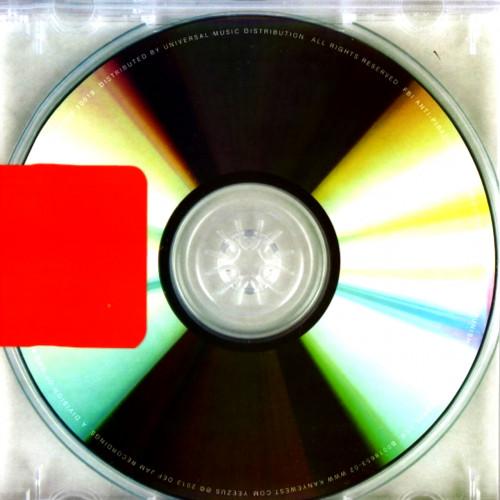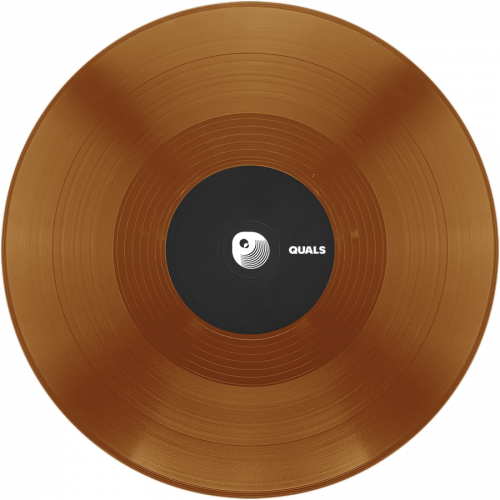Coolio's debut, It Takes a Thief, brought him immediate success, establishing his reputation as a hard-knock, gun-slinging gangster with a biting sense of humor. Maybe it was because of his appearance -- heavy eyelids and finger-in-a-light-socket hairstyle -- or maybe it was because of his laid-back vocal delivery, but he never seemed quite as menacing as other West Coast rappers spitting verses about the same thuggery. Instead of trying to incite fear in his raps, he complained that he didn't like having to live that way, and noted that there wasn't really a choice in the matter. Practically all the songs on It Takes a Thief are about one of two things: gang-banging and robbing in the ghettos while trying to make ends meet, or about hard times as a crack addict on the streets. Not exactly the most uplifting topics, but when the stories of strife are rapped smoothly over melodic funk anthems, people automatically shake their butts and overlook the darker subtext. In actuality, the content of the album is pretty similar to Marvin Gaye's What's Going On, if you can believe that, with Coolio wondering why society is so messed up and trying to find a way to make ends meet. Like Nas (who also came out with his debut in 1994), his lyrics are justifications and apologies for living the thug life in an era when most popular rappers glorified the hardcore lifestyle. Rather than hyping his toughness, he explains ghetto trials and tribulations. It's hard to imagine Snoop or 2Pac rapping about standing in the welfare line ("County Line"), or being impoverished and malnourished and eating out of a garbage can ("Can-O-Corn"), but Coolio tells these tales of woe matter-of-factly while candy-coated beats and playful melodies bounce along like P-Funk. With its infectious "Slide, slide, slippity slide" chorus, it went unnoticed that his breakthrough single, "Fantastic Voyage," was actually a song about escapism, and that "I Remember" was about the angst of getting shot by a gang member for unknowingly wearing the wrong colors, rather than a sentimental ditty about the good ol' days. Regardless of the commonly misinterpreted underlying meanings, the songs are undeniable party jams, and with future albums, the lyrics would focus more and more on the dancefloor aspect. The whole journey is a fantastic and underrated juxtaposition between good times and bad times, and ultimately, even though his second album, Gangsta's Paradise, sold more copies, this debut represents Coolio at his finest hour.
Jason Lymangrover. Allmusic.com
